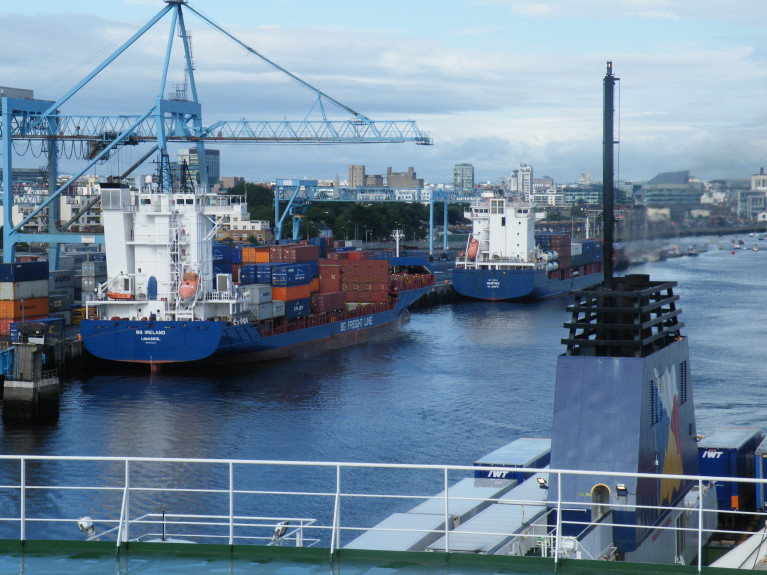Coronavirus (COVID-19): Irish Sailing & Boating
Since restrictions began in March 2020, the Government is preparing for a 'controlled and gradual return to sport' and the 2020 sailing fixtures are being tentatively redrafted by yacht clubs, rowing clubs angling and diving clubs across Ireland as the country enters a new phase in dealing with the Coronavirus. The hope is that a COVID-19 restrictions might be eased by May 5th as Sport Ireland has asked national governing bodies for information on the challenges they face.
Coronavirus (COVID-19) information
COVID-19 is a new illness that can affect your lungs and airways. It's caused by a virus called coronavirus.
To help stop the spread of coronavirus (COVID-19) everyone has been asked to stay at home. But some people may need to do more than this.
You may need to either:
You do these things to stop other people from getting coronavirus.
Read advice for people in at-risk groups
Read advice about cocooning.
Restricted movements
Everybody in Ireland has been asked to stay at home. You should only go out for a few reasons, such as shopping for food.
But you need to restrict your movements further if you:
- live with someone who has symptoms of coronavirus, but you feel well
- are a close contact of a confirmed case of coronavirus
- have returned to Ireland from another country
You need to restrict your movements for at least 14 days.
But if the person you live with has had a test and it is negative, you don't need to wait 14 days. You should still follow the advice for everyone - stay at home as much as possible.
Close contact
This is only a guide but close contact can mean:
- spending more than 15 minutes of face-to-face contact within 2 metres of an infected person
- living in the same house or shared accommodation as an infected person
How to restrict your movements
Follow the advice for everybody - stay at home.



























































